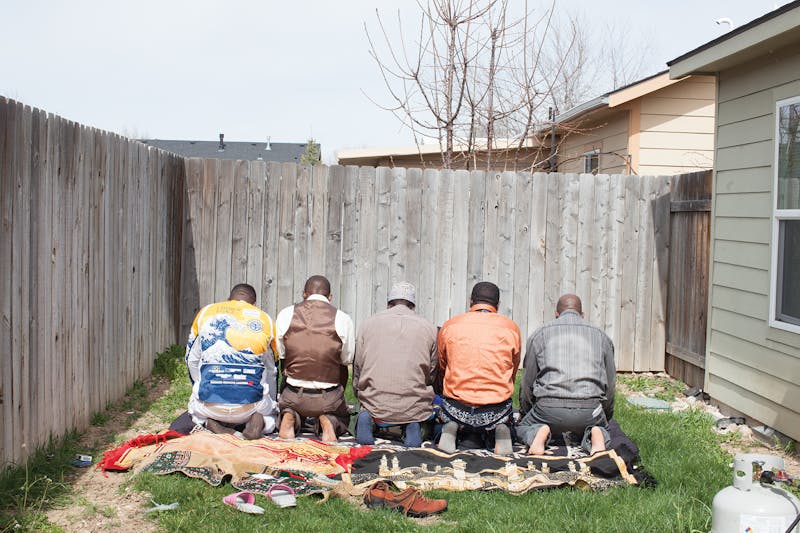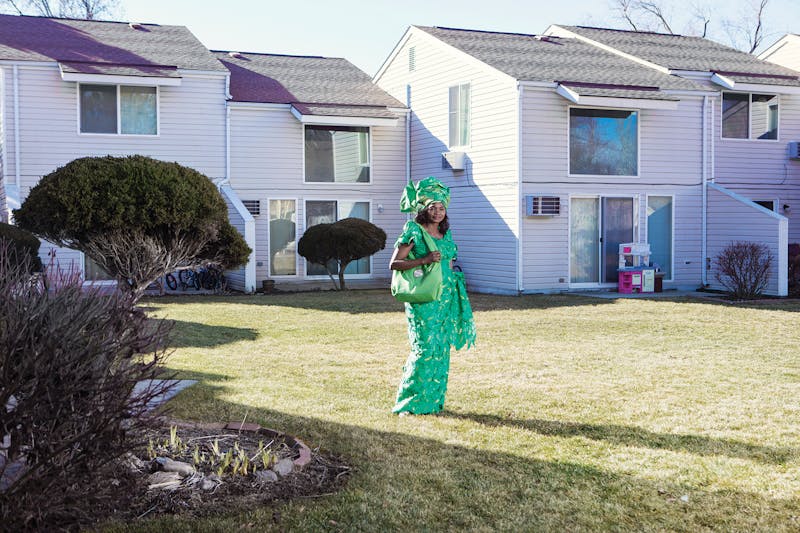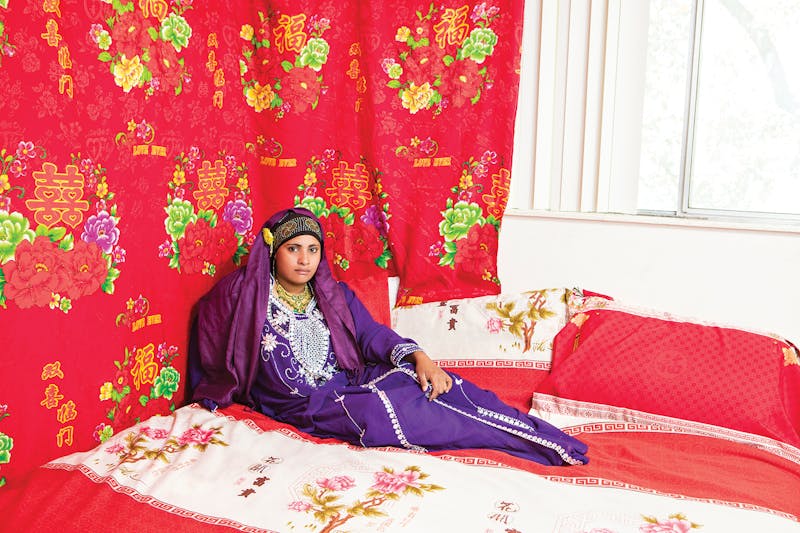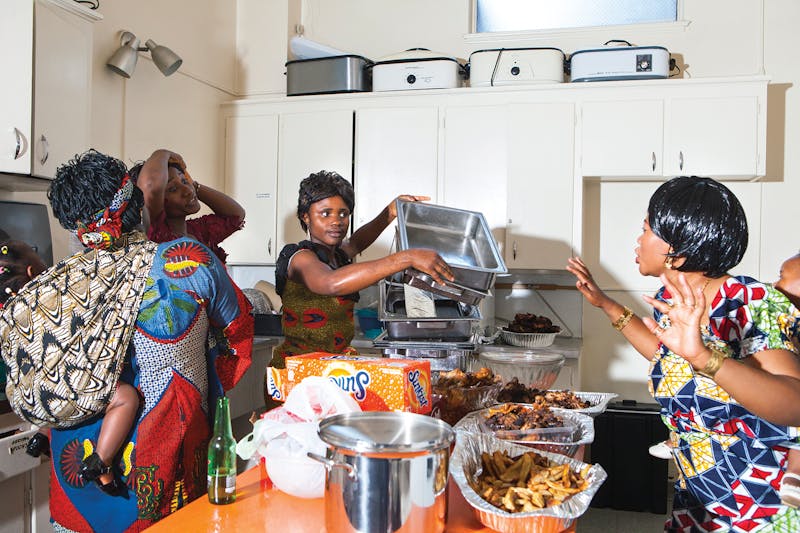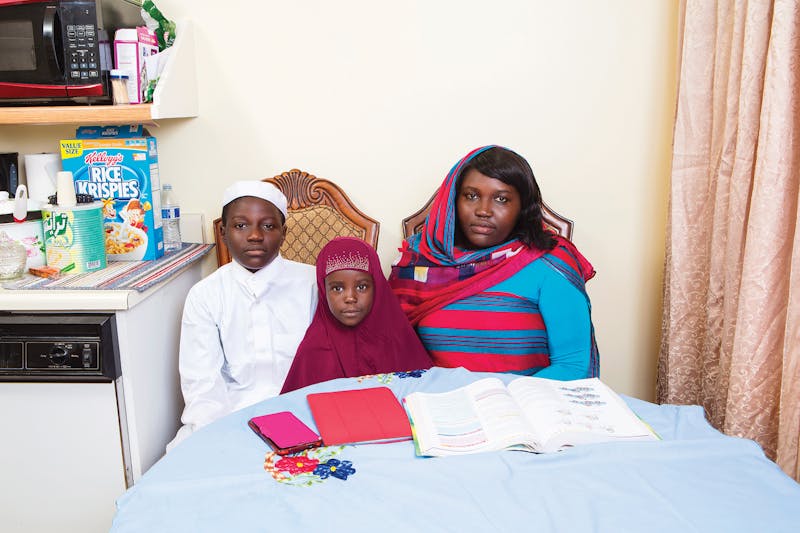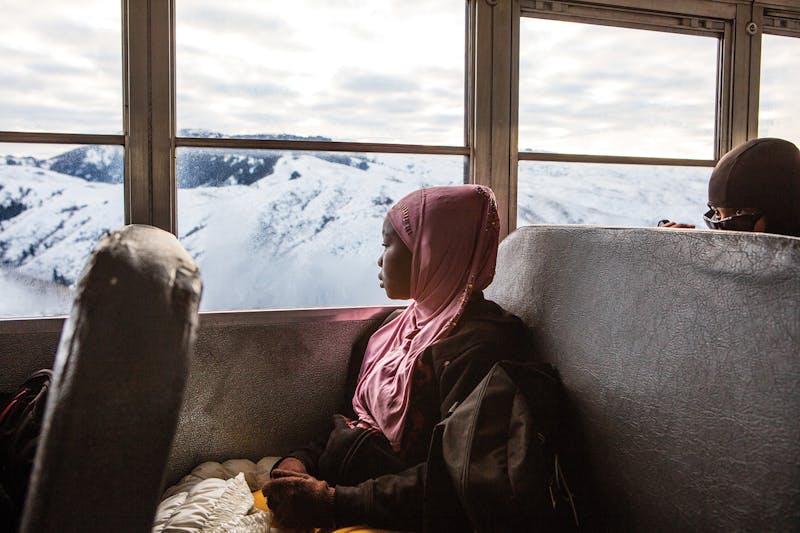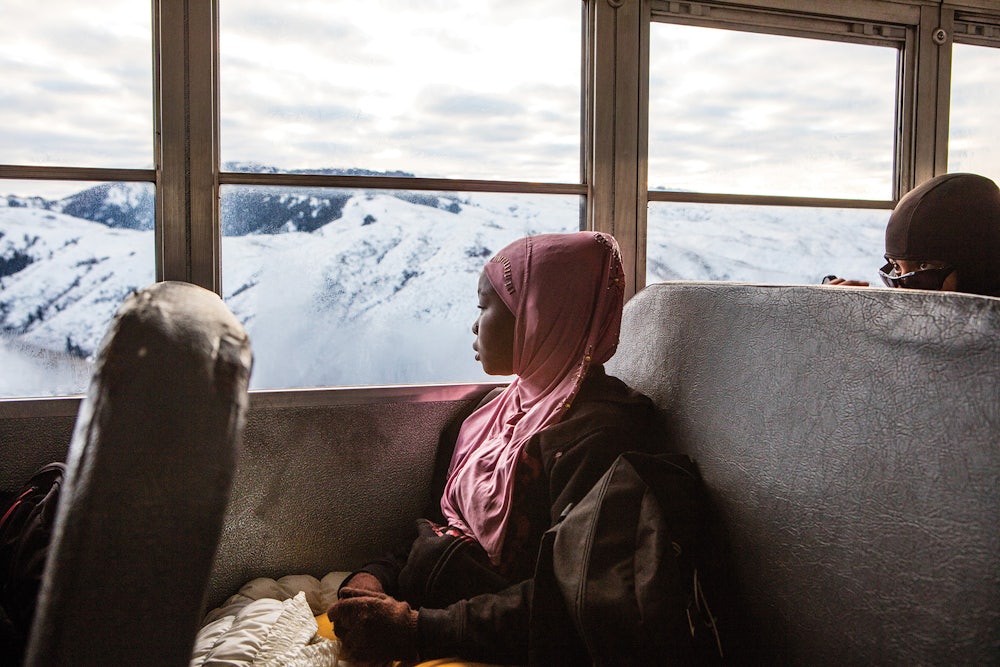Idaho, a landlocked state with dreary winters and an overwhelmingly white population, might seem an unlikely destination for refugees from Africa and the Middle East. Yet every year, nearly 1,000 asylum seekers settle in Idaho, which accepts one of the largest shares of refugees, relative to its population, of any state.
The influx began in 1975 after the fall of Saigon, when 130,000 refugees fled Vietnam and arrived in America within a matter of months. When Governor Jerry Brown of California attempted to prevent a plane full of refugees from landing at a military base in Sacramento, Idaho redoubled its effort to welcome those in need. Today, the Idaho Office for Refugees provides newcomers with English lessons, driving instruction, social workers, and access to health care, education, housing, and jobs. A majority of the refugees come from war-torn regions in Iraq, Congo, Burma, Bhutan, and Somalia. Many are persecuted religious minorities, including Christians and Muslims. Over the past year, leading Republicans—including Governor Butch Otter—have demanded a halt to the program, suggesting it could be a pipeline for terrorists.
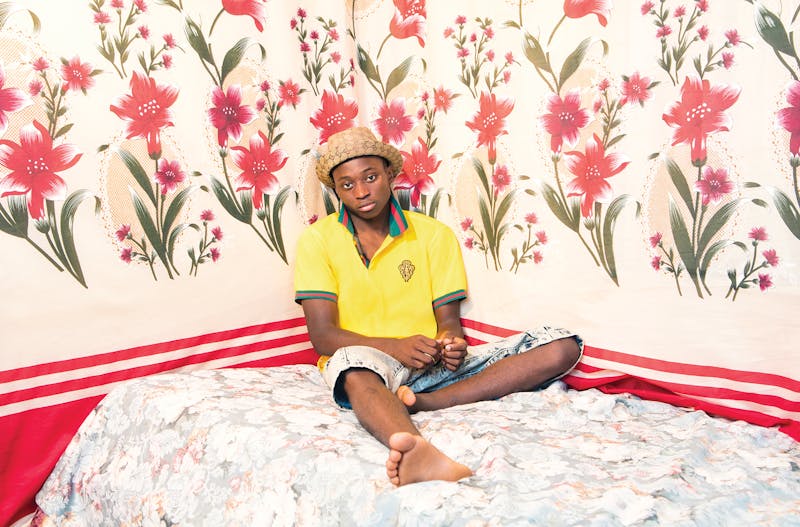
Nearly 700 refugees settle in Boise each year, and photographer Angie Smith has followed a handful of families as they navigate their new world. For asylum seekers, life in America’s 99th-largest city is calm, but confusing. Many aren’t used to handling money or paying bills. Some have been stopped by the police for minor infractions. Others have developed high blood pressure from spending so much time indoors, watching TV and eating unhealthy foods. “Some people, when they start to eat, they cry,” says Dadiri Nuro, the former president of the Bantu Zigua community in Boise, who moved to the city after nearly a decade in a refugee camp. “Their memories go back to their relatives: I’m eating this food, and my people, they’re hungry.” Nuro has started a farm where refugees can grow African corn and other familiar crops. “They can plant things they know back home,” he says. “So they can be a little bit relieved.”
